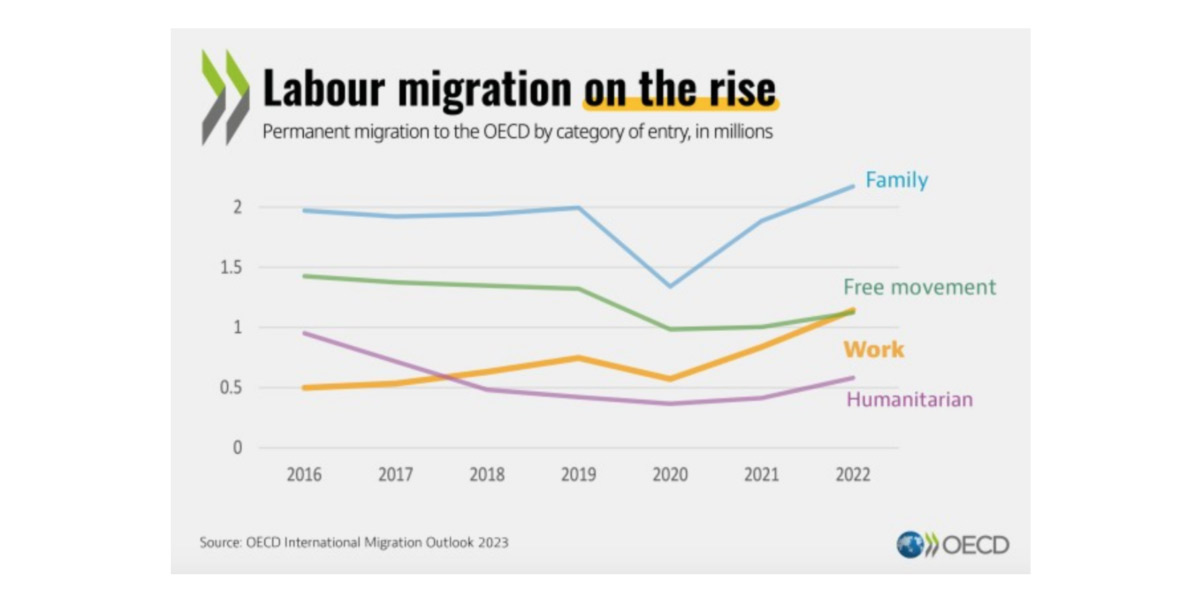Future fears: societal pessimism and fertility choices
Katya Ivanova and Nicoletta Balbo examine the link between societal pessimism and fertility decisions. Using prospective data from the Dutch LISS panel, the authors illustrate that broader concerns about the ... Read more
Return migrants: more children than migrants, fewer than nonmigrants
Return migrants’ fertility is likely to differ from that of nonmigrants and migrants due to migration experiences, norms, adaptation, and socioeconomic factors, but knowledge of their fertility behavior is limited. ... Read more
Female education and fertility stalls in sub-Saharan Africa
Progress in education has been uneven in sub-Saharan Africa, which may have contributed to slowing or halting fertility decline. Bruno Schoumaker and David A. Sánchez-Páez note that fertility has stalled ... Read more
Remittances may redefine the demographic support ratio
When measuring the demographic support ratio, including only the country’s residents may prove insufficient. Lukas Tohoff, Daji Landis, Letizia Mencarini, and Arnstein Aassve develop a novel demographic indicator to account ... Read more
The rise of nontraditional rural families in Canada and the USA
What has happened to traditional two-married-parent families in rural America and Canada? Shelley Clark and Matthew Brooks explore changes in rural and urban families over the past three decades to ... Read more
Stagnant motherhood work time penalty in Great Britain over 30 years
More and more mothers with young children stay in the labor market today. In the United Kingdom, the share has risen from 62% in 1989 to 72% in 2023. However, ... Read more
Did you know?
Permanent migration to OECD countries reached 6.1 million in 2022, a 26% increase compared with 2021, and its highest level since at least 2005. Rising labour migration was one contributing factor, as migrant workers have helped lower labour and skills shortages in OECD countries.
About N-IUSSP
N-IUSSP is a new IUSSP news magazine, which will disseminate scientific findings from demographic research carried out all over the world. The practical implications of current trends, the risks and potentialities of emerging situations, the pros and cons of specific laws are discussed in rigorous but plain language.
You are invited to contribute to this new publication: please check our guidelines and submit your 1000 word contribution to contact@niussp.org






